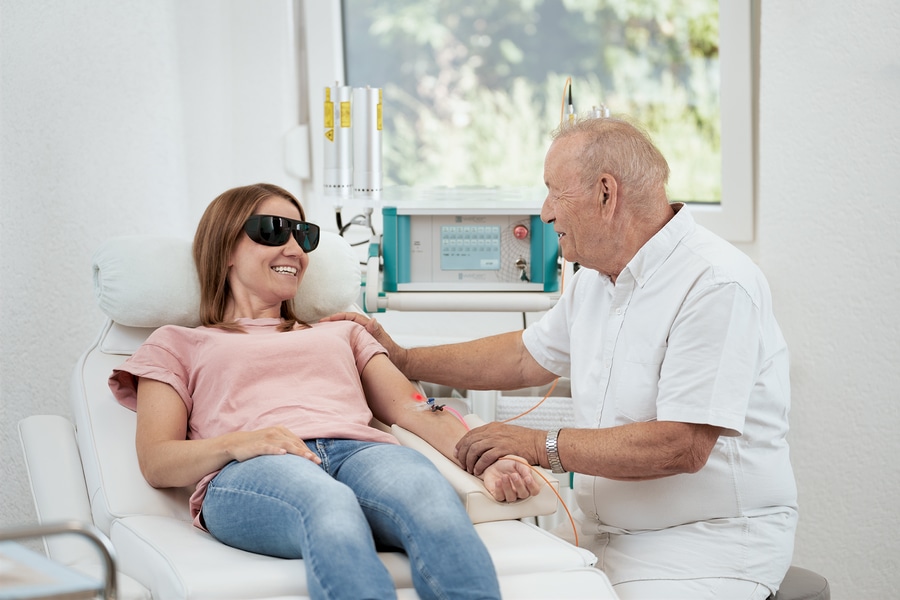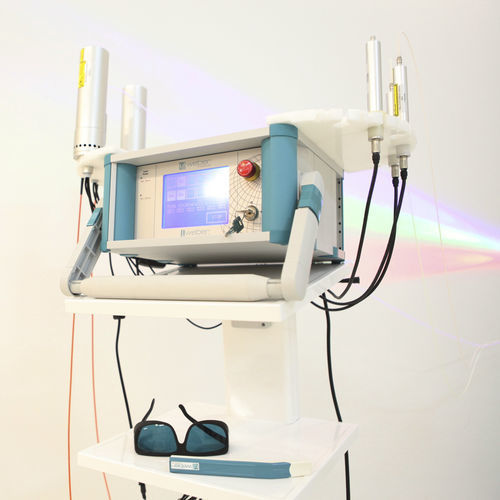
#Industry News
Low-Level Laser Therapy (LLLT): A Valuable Addition to Pain Management Protocols
Body of evidence and mechanisms
Pain physicians should consider incorporating Low-Level Laser Therapy (LLLT) as a valuable component in their therapeutic arsenal. A growing body of scientific evidence supports the efficacy of LLLT for managing a variety of pain conditions, including chronic non-specific back pain, neck pain, fibromyalgia, musculoskeletal disorders, and carpal tunnel syndrome.
The non-invasive, safe nature of LLLT, combined with its capacity to modulate inflammation, alleviate pain, and promote tissue regeneration, makes it an attractive alternative—or adjunct—to conventional treatments. This is especially relevant in chronic pain management, where standard treatments may be insufficient or associated with adverse effects.
Mechanisms of Action of LLLT:
- Increased ATP Production:
LLLT enhances mitochondrial function, leading to increased production of adenosine triphosphate (ATP), which improves cellular activity and promotes tissue repair.
- Improved Angiogenesis:
LLLT stimulates the formation of new blood vessels, improving oxygen and nutrient delivery to tissues and accelerating healing processes.
- Anti-Inflammatory Effects:
LLLT promotes the production of anti-inflammatory cytokines, lowers the concentrations of key inflammatory markers (including IL-1β, TNF-α, PGE2, and mRNA COX-2), and reduces levels of inflammatory mediators such as prostaglandin E2 (PGE2) and cyclooxygenase-2 (COX-2).
- Endogenous Pain Modulation:
LLLT promotes the release of endogenous opioid neurotransmitters, enhancing the body’s natural pain-relieving mechanisms.
Furthermore, LLLT demonstrates synergistic effects when combined with platelet-rich plasma (PRP) and stem cell therapies, improving the proliferation and survival of growth factors and stem cells. These combined approaches may offer promising advances in regenerative medicine and pain management.
With its diverse mechanisms of action and extensive clinical applicability, LLLT represents an important and underutilized tool in the management of chronic pain.
Send us a message to request more information material, incl. recorded lectures and workshops.





